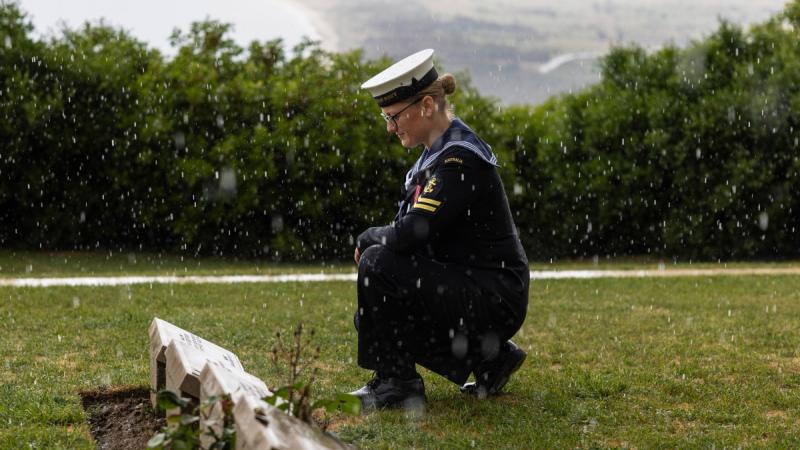Today marks International Day of Women and Girls in Science, and Ambulance Victoria (AV) is celebrating the incredible women who work in this field within the organisation.
Through clinical trials, research and evaluation, many women are working to improve patient health outcomes and patient experience.
The United Nations’ International Day of Women and Girls in Science on 11 February promotes full and equal access to and participation in science for women and girls.
AV recognises all women including trans women and those that are nonbinary, gender non-conforming and any others who identify as a woman in a way that is significant to them.
Sarah Hopkins is the Implementation and Evaluation Specialist for AV’s Clinical Practice Guidelines (CPGs), and said the day is valuable for increasing visibility of women in science.
“It’s important we continue to see women’s research highlighted so that women and girls entering the science field have role models,” she said.
“I’ve been really fortunate in my career that I’ve worked with a lot of great women and a lot of the research teams I’ve been involved in have been predominately women – but that is quite unusual.”
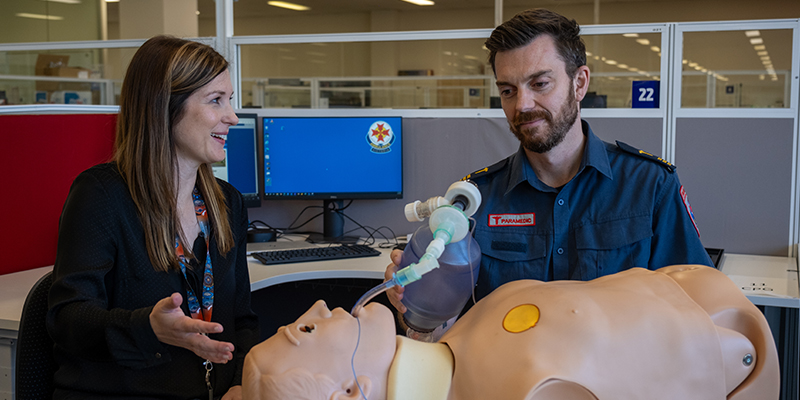 Sarah Hopkins at work at Ambulance Victoria.
Sarah Hopkins at work at Ambulance Victoria.
Sarah began working at AV in clinical trials in mid-2018, with degrees in biomedicine and medicine and eight years of research work at Monash University under her belt.
“Generally improving healthcare outcomes through research is something I’ve always been passionate about,” she said.
“I loved working in clinical trials and contributing to a body of research that helps medical practitioners right across the world make better decisions in how they treat their patients.
“I’ve continued using that research approach in what we do now in the CPG team – through my role in collecting and analysing data to support changes in guidelines, or evaluating how changes are impacting patient outcomes.”
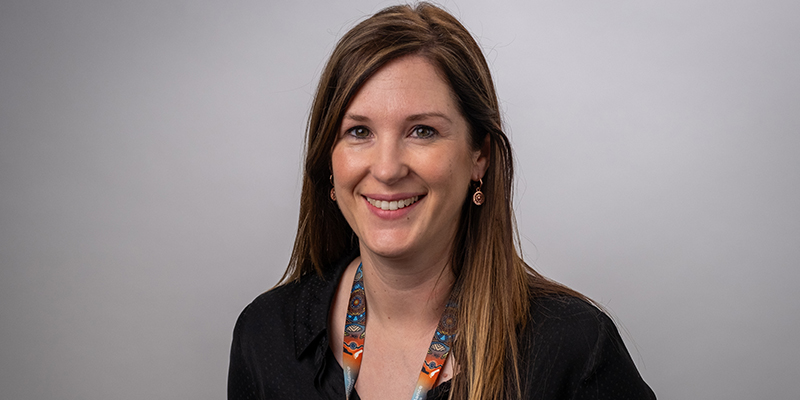 Sarah Hopkins
Sarah Hopkins
She said her work across the different roles has always been rewarding.
“The ability to impact a lot of lives and a lot of patient care outcomes through the work that we do is pretty amazing,” she said.
“It gives me a great sense of purpose.”
Sarah said women play a big role in the science landscape, and she’s hopeful days like today encourage more girls to explore career options in the field.
“Women bring a diversity of perspectives and skills that enable more productive teams with greater problem-solving ability and innovation,” she said.
“They also bring a gender perspective that is important in the design and evaluation of research activity to reduce unconscious bias.”
It’s a message echoed by AV’s Research and Governance Manager, Emily Nehme, who said women’s voices are essential in science and healthcare.
“Half the world are women so it’s important to have equal representation,” she said.
“We bring our own unique experiences and outlooks.”
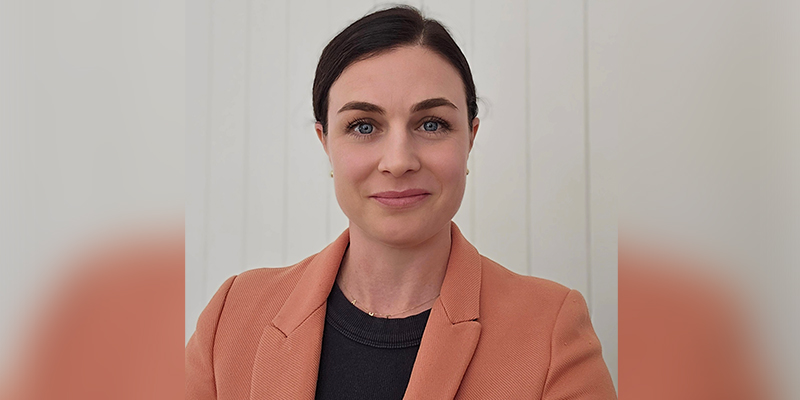 Emily Nehme
Emily Nehme
Emily has worked at AV’s Centre for Research & Evaluation since 2011, both in her current role and with the Victorian Ambulance Cardiac Arrest Registry (VACAR).
She studied Biomedical Science before finding her calling in Biostatistics and is currently halfway through a PhD looking at the drivers of ambulance demand and the impact of demand management strategies on system performance.
On top of that, she continues research in the field of cardiac arrest and collaborates on a range of other prehospital research projects.
She said it’s important to her to be a role model for the next generation, including her two daughters.
“Sometimes science can be quite a male-dominated field and it’s really nice to highlight to younger girls that we can do it too and there should be no barrier,” she said.
“I’ve been very fortunate myself – I have worked with amazing women in my time at AV, and have been given a lot of opportunities and support, which I think is why I am where I am.”
For paramedic and VACAR Resuscitation Coordinator Belinda Delardes, today is an opportunity to highlight the gender inequality that research shows in healthcare.
“Recently myself and a colleague wrote papers on different aspects of gender disparity in resuscitation care, which shows we’re still running short on resuscitations of women compared to men,” she said.
“For example, when we look at the arrest durations for women, they’re significantly shorter than for men and I believe that is subconsciously influenced by preconceptions that women are frail and their resuscitation potential is more likely to be futile.
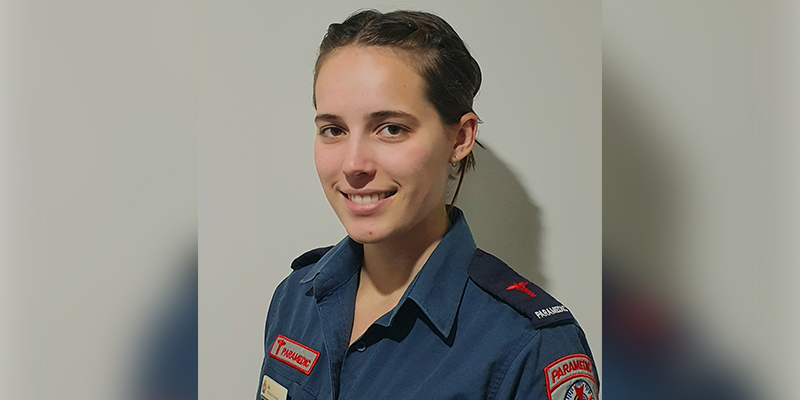 Belinda Delardes
Belinda Delardes
“Women have led these research projects and it’s really important that we understand the gender disparities in care, and that while sexism and misogyny might not be so outright, they’re still there in the background.
“The more we have women in positions to both report on this and to provide the education to fix it, the better it is for women in all walks of life.”
Belinda balances her time working on-road with her research work as well as completing a PhD looking at low-acuity patients and how we can better manage them.
She enjoys the variety of work and said both research and paramedicine are fulfilling and complementary careers – but science stands out.
“When I’m on road, I do like the idea of making a difference to a single person but when I’m working in the office and looking at large scale data and changes in clinical practice, you can affect thousands of patients.
“A career in science is incredibly rewarding and I don’t think gender comes into that – it’s a great career for anyone if you’ve got the right training.”
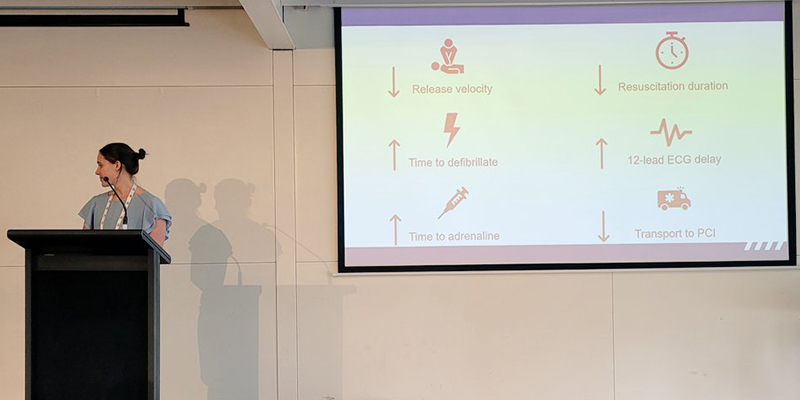 Belinda Delardes presenting at the New Zealand Resuscitation Council Conference 2022.
Belinda Delardes presenting at the New Zealand Resuscitation Council Conference 2022.


